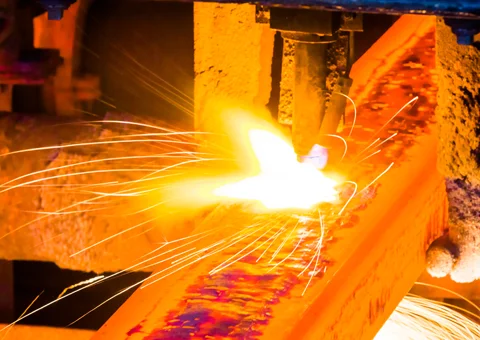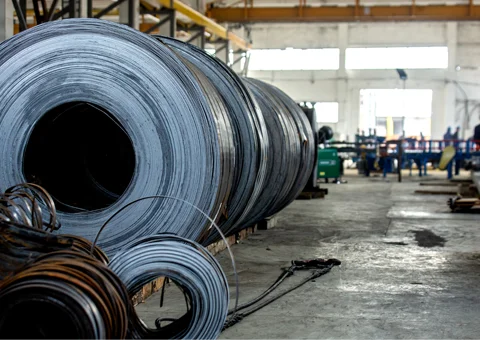Tenova, an Italian company that is part of the Techint Group and specializes in innovative solutions for the steel and mining industries, announced that a subsidiary of the American steel giant Nucor Corporation, Nucor Steel Louisiana, LLC, has set a world record for the production of direct reduced iron (DRI), SteelOrbis reports.
At the ENERGIRON DR plant, the company achieved 330.3 tons of CDRI per hour, or 7,928 thousand tons per day. The plant, which has an annual production capacity of 2.5 million tons, was developed jointly by Tenova and Italian equipment manufacturer Danieli. Tenova representatives emphasized that the achievement underscores the contribution of ENERGIRON technology to improving the efficiency and environmental friendliness of the steel industry.
The high performance of ENERGIRON DR is made possible by advanced technical solutions that significantly reduce carbon dioxide emissions in the production process. ENERGIRON technology uses natural gas to reduce iron, which is less carbon-intensive than traditional methods. This makes the plant an example of a sustainable approach in modern metallurgy and opens up new opportunities for reducing emissions in the steel sector.
With record production volumes, Nucor Steel Louisiana demonstrates the potential of using the latest technologies to improve energy efficiency and environmental responsibility in the steel industry. By significantly reducing dependence on traditional energy sources, the ENERGIRON DR plant strengthens the competitiveness of its products in the global steel market, which is especially important in the context of rising environmental standards and requirements to reduce greenhouse gas emissions.
As GMK Center reported earlier, global direct reduced iron (DRI) production in 2023 increased by 6.5% compared to 2022 to 135.7 million tons. Over the past 5 years, global DRI production has increased by almost 26% or 27.6 million tons. In 2023, Midrex plants produced 75.7 million tons of DRI, up 3.0% compared to 2022. In 2023, Midrex Technology continued to account for about 80% of global DRI production.

